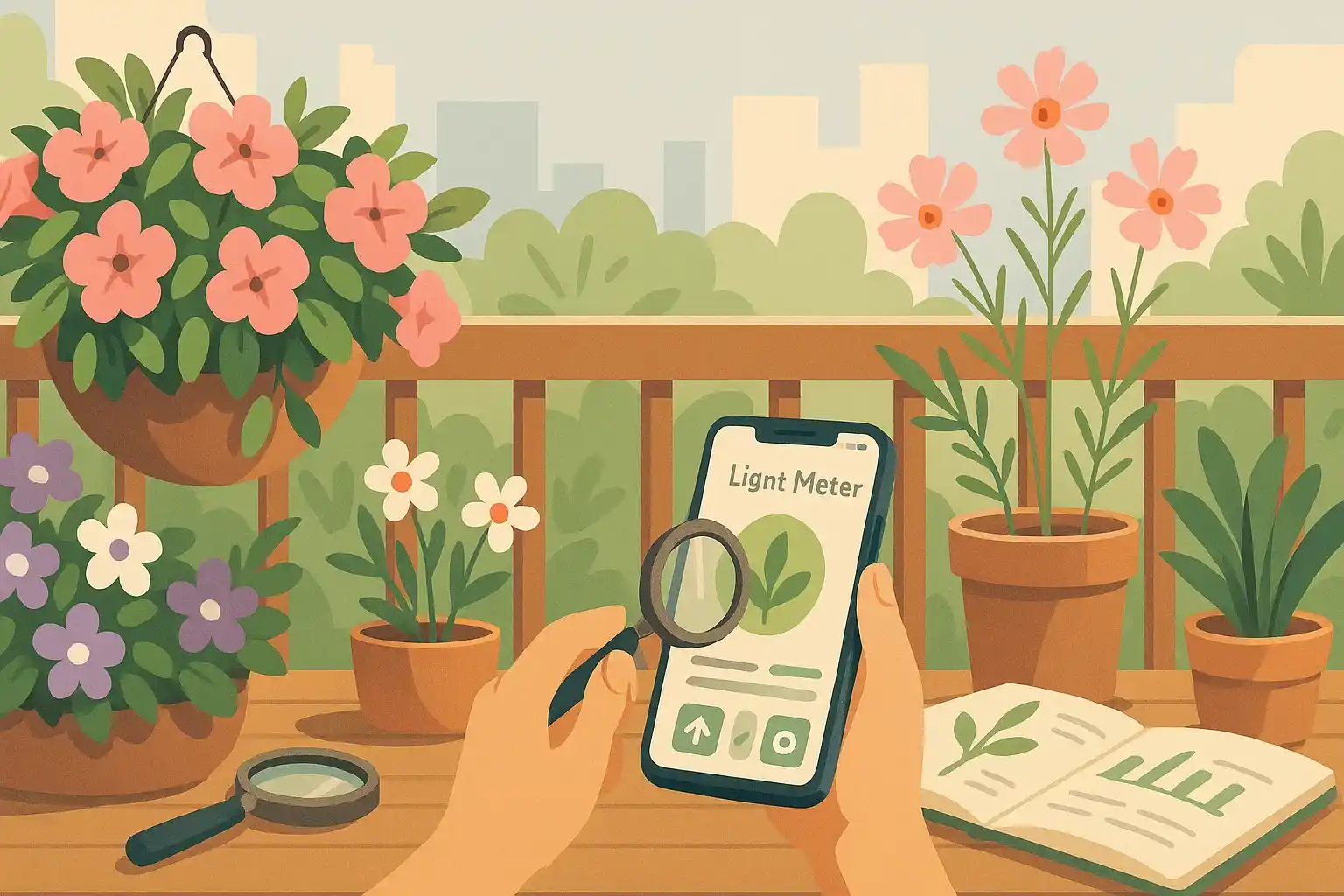Credit Repair for Beginners: Simple Steps to Start Improving Your Score Today
Having good credit is crucial for your financial well-being. A good credit score not only helps you secure loans and credit cards at favorable interest rates, but it also reflects your financial responsibility. However, if you have a poor credit score, don't worry! This article will guide you through simple steps to repair your credit and start improving your score today. Whether you're just starting out on your credit repair journey or looking for a refresher, this guide will provide you with the knowledge and tools to get back on track.
1. Understanding Credit Scores and Reports:
Before diving into credit repair, it's essential to understand how credit scores and reports work. Your credit score is a numerical representation of your creditworthiness, ranging from 300 to 850. It is based on factors such as payment history, amounts owed, length of credit history, new credit, and types of credit used. Your credit report, on the other hand, contains detailed information about your credit history, including accounts, balances, payment history, and public records. Obtain a free copy of your credit report from each of the three major credit bureaus – Experian, TransUnion, and Equifax – and review them for accuracy.
2. Identify and Address Negative Items:
Carefully review your credit reports for any negative items that might be adversely affecting your credit score. These can include late payments, collection accounts, bankruptcies, or defaults. If you spot any errors or inaccuracies, dispute them immediately with the credit bureau responsible for reporting the information. Ensure you provide supporting documentation to strengthen your case. Removing negative items from your credit report can help improve your score significantly.
3. Develop a Debt Repayment Plan:
Another crucial step in credit repair is developing a debt repayment plan. Start by listing all your outstanding debts, including credit cards, loans, and other obligations. Prioritize your debts by interest rate or total balance. Consider negotiating with creditors for lower interest rates or favorable repayment terms. Make a budget that allows you to pay more than the minimum amount due each month. By consistently paying down your debts, you'll improve your credit utilization ratio, a significant factor in your credit score calculation.
4. Establish a Positive Credit History:
Building a positive credit history is vital for credit repair. If you have a limited credit history or no credit at all, consider applying for a secured credit card or becoming an authorized user on someone else's credit card. Ensure that you use credit responsibly, making timely payments and keeping your credit utilization low. Over time, your responsible credit behavior will help establish a positive credit history and improve your credit score.
5. Practice Good Credit Habits:
While repairing your credit, it's essential to adopt good credit habits that will ensure long-term financial health. Pay your bills on time, every time. Late payments can significantly lower your credit score. Keep your credit utilization ratio below 30% – the lower, the better. Avoid opening multiple new credit accounts simultaneously, as this can negatively impact your score. Regularly reviewing your credit reports and monitoring your credit score will help you stay on top of your credit health and identify any potential issues early on.
Improving your credit score requires discipline, persistence, and a solid understanding of credit repair strategies. By following the steps outlined in this article, you'll be well on your way to repairing your credit and setting yourself up for a brighter financial future. Remember, it's never too late to start taking control of your credit. Start implementing these simple steps today and watch your credit score soar.






